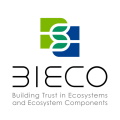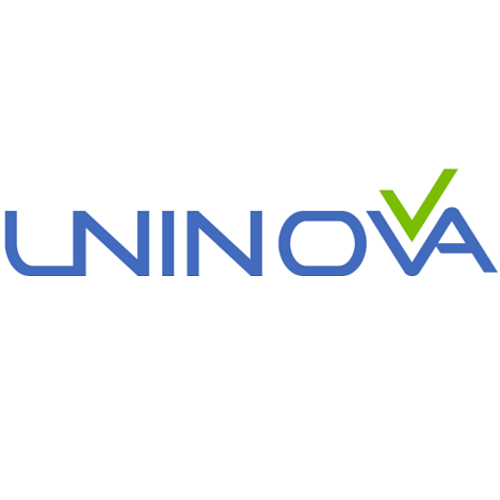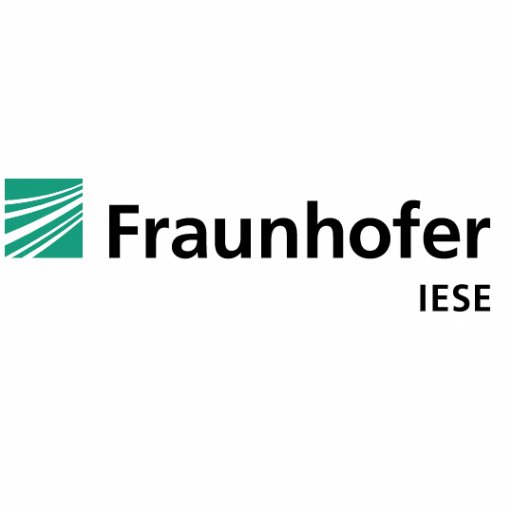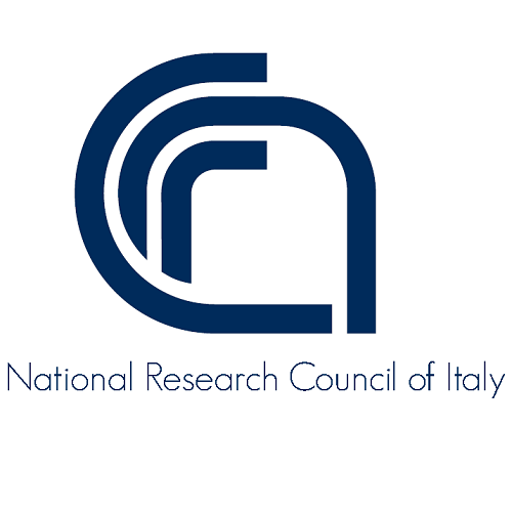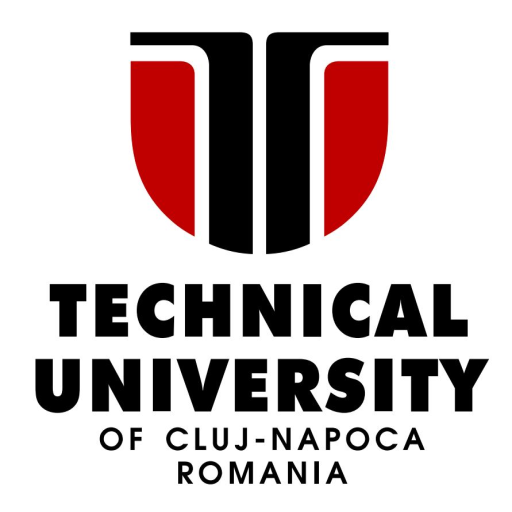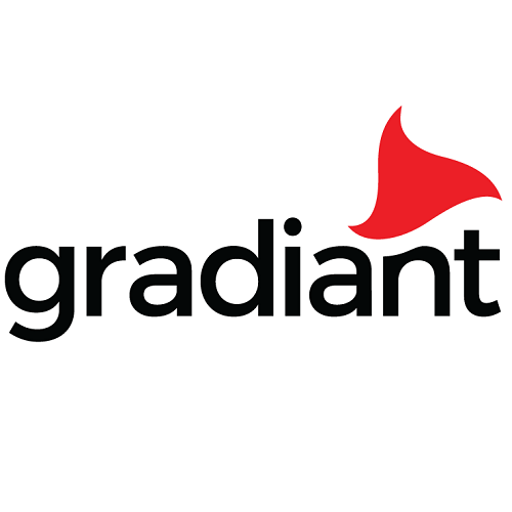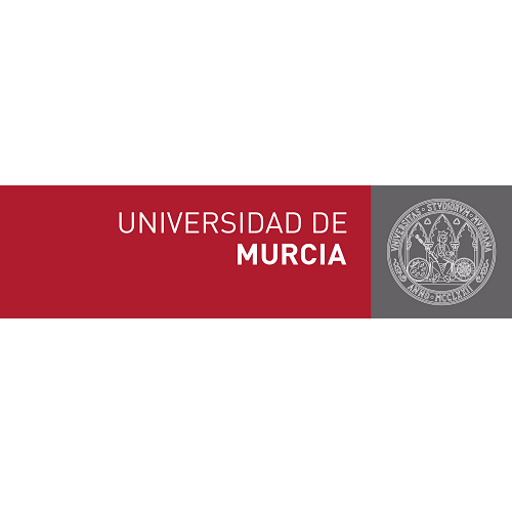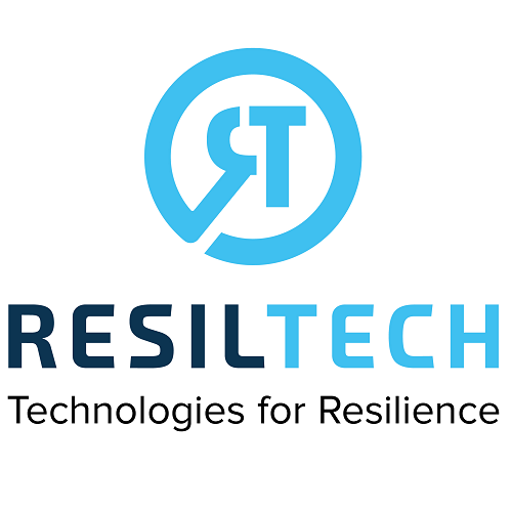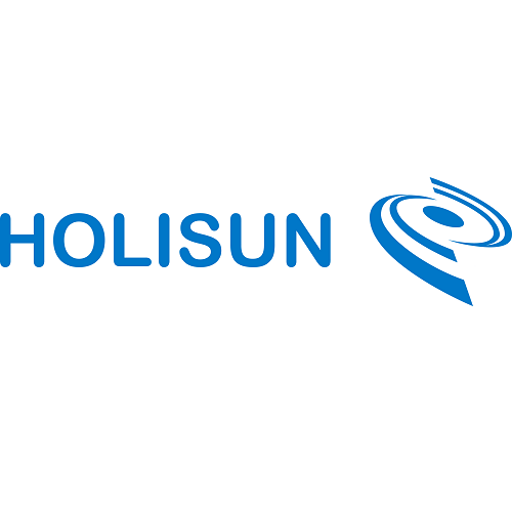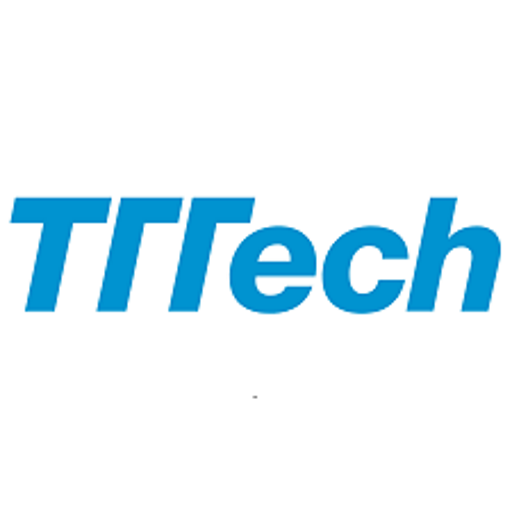BIECO
The general objective of BIECO is to develop a framework that enables measurable, risk-based trust while developing, deploying and operating complex interconnected ICT systems.
Objectives
We aim to achieve this by handling the reliability and trust aspects of ecosystem participants (ICT systems, ICT system components and actors) within the supply chain.
The following shows the specific SMART (Specific, Measurable, Achievable, Realistic, Time-bound) objectives of the project, taking into account the challenges of this kind of complex ecosystems.
Framework
Providing a framework that allows reinforcing trust in ICT supply chains (WP2).
Vulnerability assessment
Performing advanced vulnerability assessment over ICT supply chains (WP3).
Achieving resilience
Achieving resilience in ecosystems formed by unreliable components (WP4).
Extending auditing
Extending auditing process to evaluate interconnected ICT systems (WP5).
Advanced risk analysis
Provide advanced risk analysis and mitigation strategies that support a view of the complete ICT supply chain (WP6).
Security assurance
Perform evidence-based security assurance and a harmonized certification for ICT systems (WP7).
Industrial validation
Industrial validation of BIECO’s framework within IoT ecosystems (WP8).
Exploitable Results
No Results Found
The page you requested could not be found. Try refining your search, or use the navigation above to locate the post.
About BIECO
The rationale behind BIECO’s concept is to deliver a framework for improving trust and security within ICT supply chains. These are complex ecosystems comprising several heterogeneous technologies, processes, actors (e.g., end-users, software or hardware providers and organizations) and resources, all of which generate or exchange data forming extremely complex information management systems.
The BIECO team is proud to announce

NEWS
Fuzzing Tool
Fuzzing ToolCoordinated byGradiantFuzzing Tool will test System Under Test (SUT) security vulnerabilities or inputs not contemplated that could compromise the system; as a black-box process, by using unintended or incorrect inputs and monitoring their corresponding...
ResilBlockly
ResilBlocklyCoordinated byRESILTECHThis exploitation result consists in cybersecurity consultancy services supported by ResilBlockly (former Blockly4SoS), a Model-Driven Engineering tool that has been developed in the context of BIECO.DescriptionDescribe the...
Security tools for AI Investments platform
Security tools for AI Investments platformCoordinated by7bullsSecured AI Investments platform using the outcome of the BIECO project.DescriptionDescribe the innovation content of the result: The key innovation products will be:Security tools for AI Investments...
Log Forgery Blocker
Log Forgery BlockerCoordinated by7bullsLog Forgery Blocker - a brand new product on the market.DescriptionDescribe the innovation content of the result:New product on the market - Log Forgery Blocker.Who will be the customer?The customers are companies which are using...
Security evaluation methodology
Security evaluation methodology Coordinated byUMUSecurity evaluation methodology to evaluate the security of an ICT system. The methodology is based on standards such as ISO 31000 standard for Risk Management, the ISO 29119 standard for Security Testing or the MUD...
Extended MUD file
Extended MUD file Coordinated byUMUThe extended Manufacturer Usage Description (MUD) file is an extension of the MUD Internet Engineering Task Force (IETF) standard. The MUD specification's major goal is to limit the threat and attack surface of a certain IoT device...
